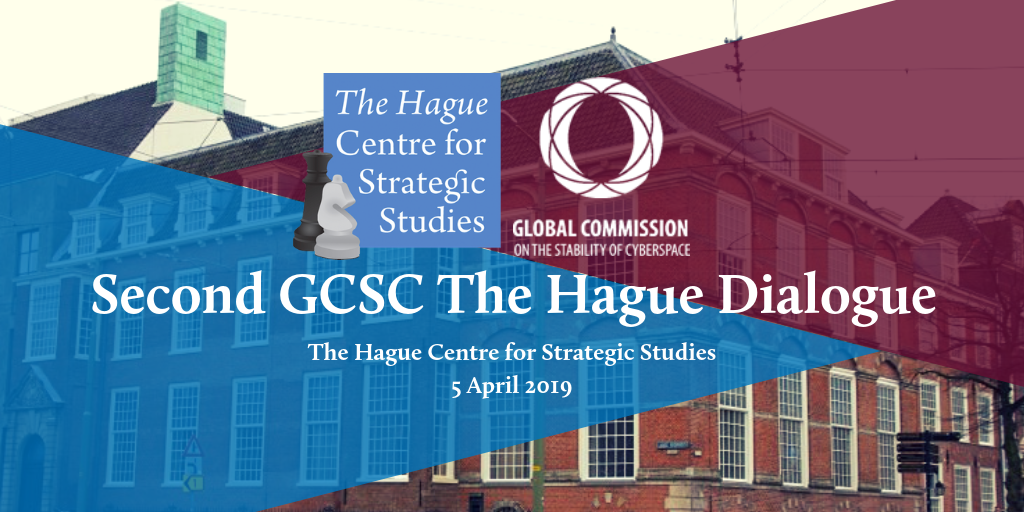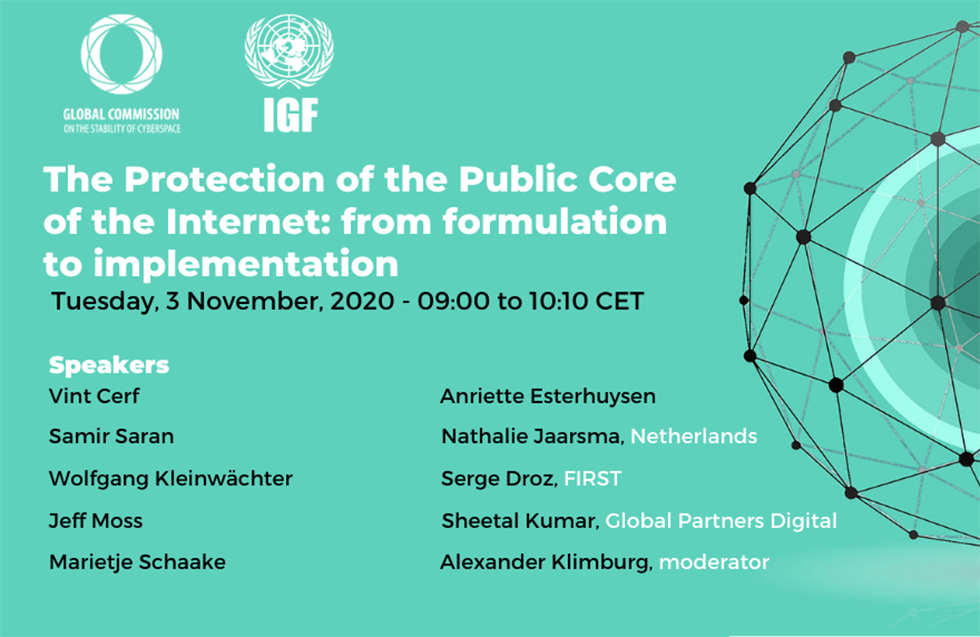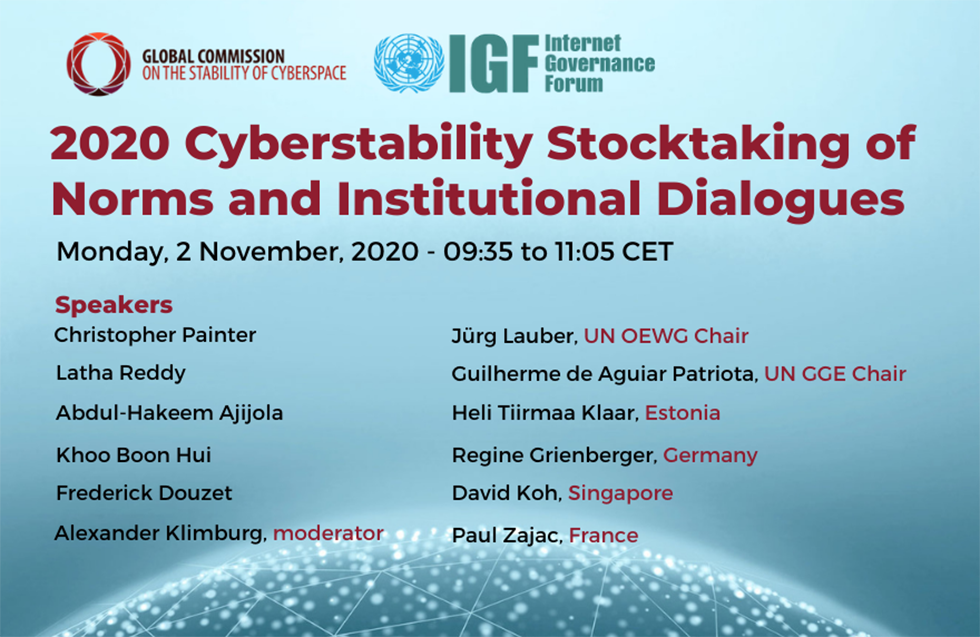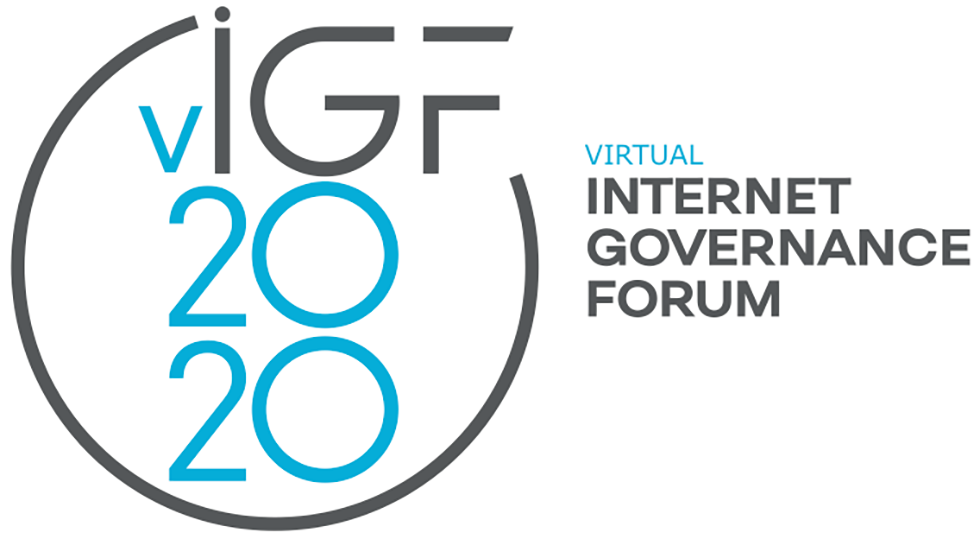As the initiator and Secretariat for the Global Commission on the Stability of Cyberspace (GCSC), the Hague Center for Strategic Studies hosted the Second Hague Dialogue of the GCSC at its offices today after the Working Group Meetings of the Global Forum on Cyber Expertise. The dialogue convened senior Dutch cybersecurity stakeholders from all branches of government, civil society and the private sector as part of its dedicated outreach efforts. The objective of the roundtable session was for the GCSC to receive as much input as possible on its past work on norms, its current work on a cyber stability framework and principles, and the Commission’s current thinking on taking its work forward.
As part of its mandate, the focus of the Commission is shifting from developing and promoting norms of responsible state behavior to policy initiatives to enhance international security and stability in cyberspace. The dialogue therefore presented an opportunity for the Commission to discuss how it may work together with various other international frameworks and initiatives to achieve these objectives.
The GCSC is continuously looking to engage with stakeholders and solicit input on the direction of the Commission’s work on norms and future deliberations on a working definition and principles for stability in cyberspace.
Speakers of the GCSC included Commissioners Christopher Painter, Marietje Schaake, Abdul-Hakeem Ajijola and Olaf Kolkman. The participants were welcomed by Paul Sinning, Executive Director of HCSS, and introduced by Carmen Gonsalves, Head of International Cyber Policy at the Netherlands Ministry of Foreign Affairs, and Alexander Klimburg, Director of the GCSC Secretariat and Director of the HCSS Cyber Resilience and Policy Program.
An information sheet about the GCSC and its issued norms of responsible state and non-state behavior is enclosed. More information about the norm to protect the Public Core of the Internet, Electoral Infrastructure, and the Singapore Norm Package is available via the hyperlinks or on our website www.cyberstability.org.
